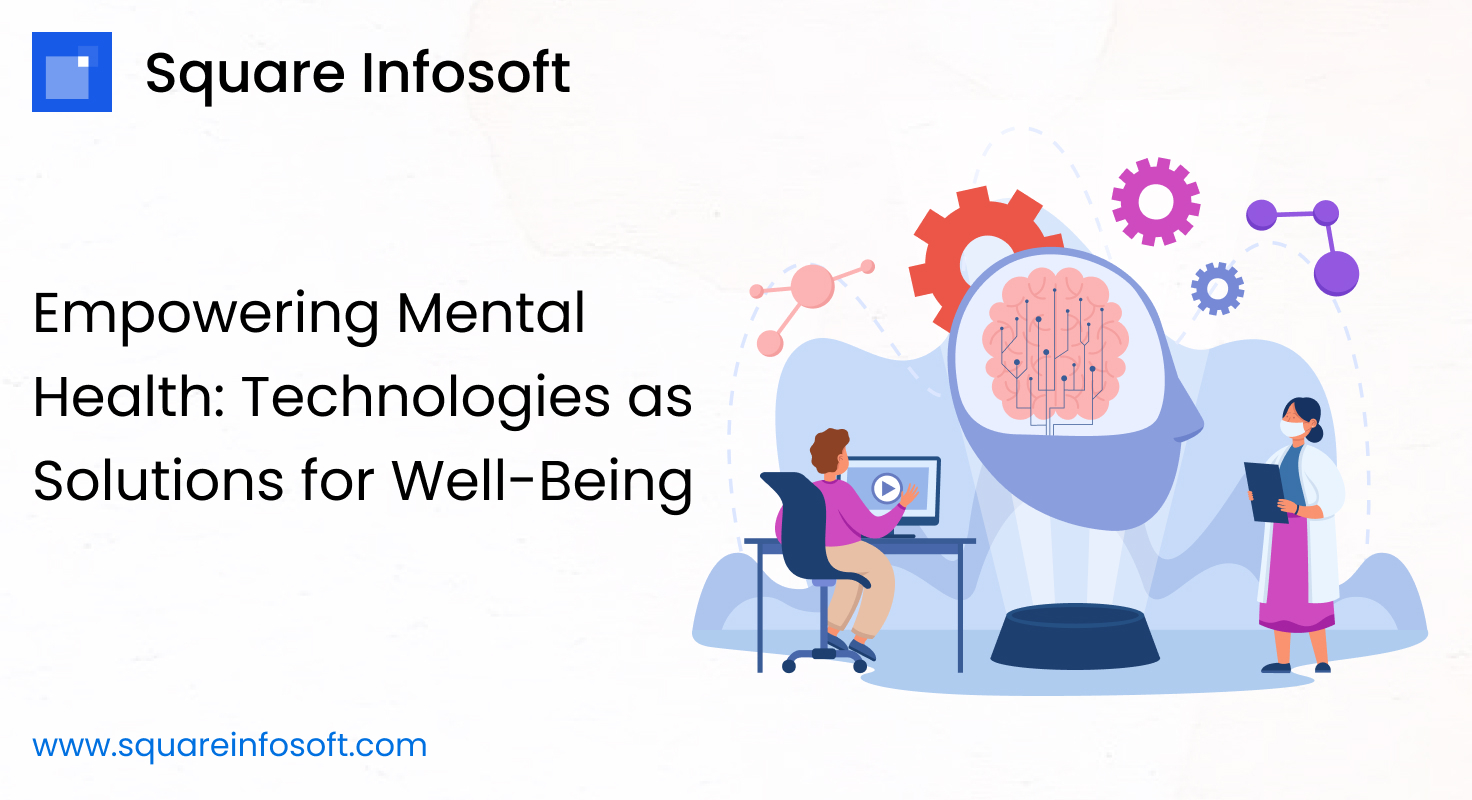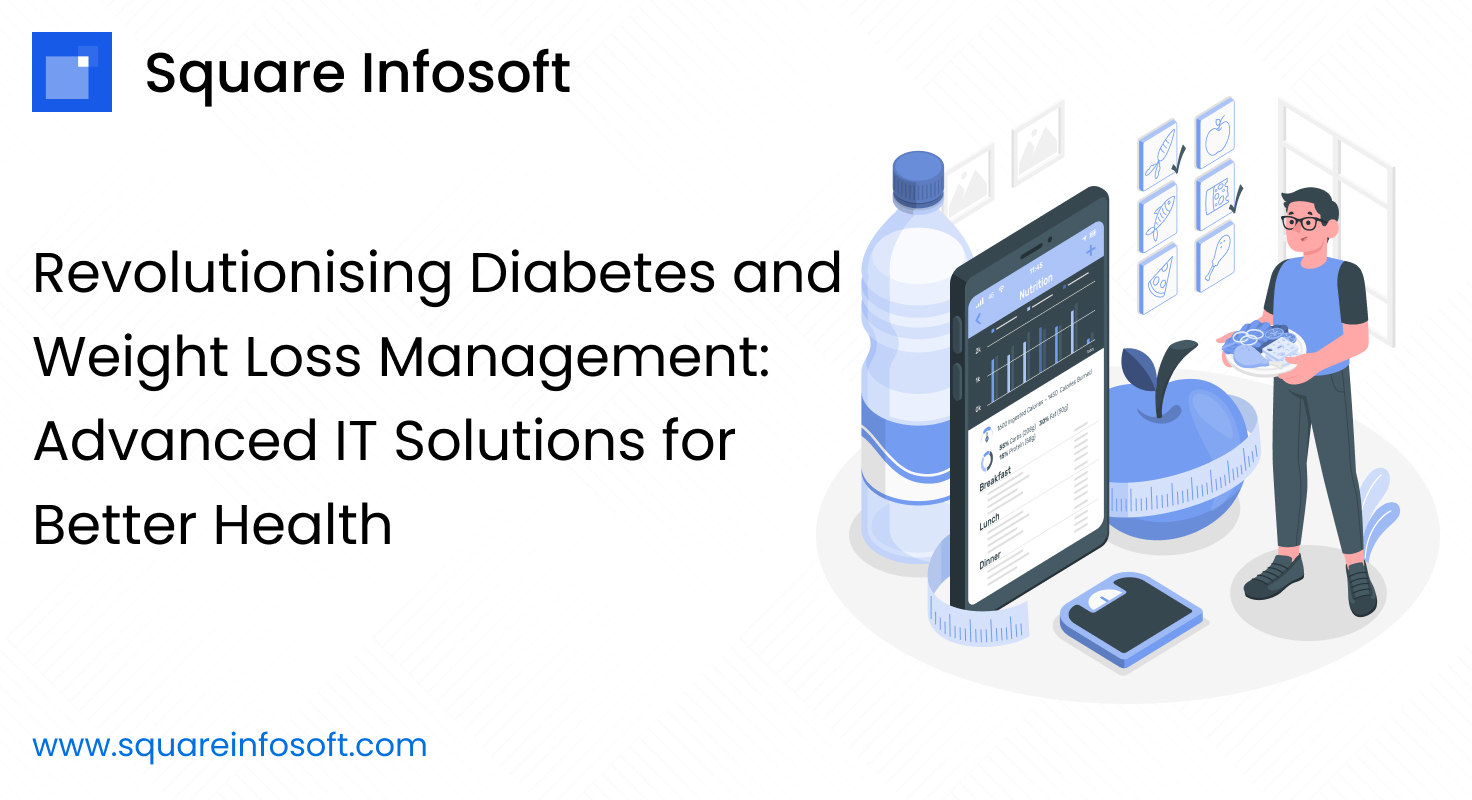Introduction:
In today’s fast-paced world, the importance of proactive healthcare monitoring cannot be overstated. Real-time health tracking software solutions have emerged as a powerful tool in this regard, offering continuous monitoring of vital health metrics and enabling timely interventions. However, despite their potential benefits, the implementation of such solutions comes with its own set of challenges. This article delves into the benefits, challenges, and strategies for effective implementation of real-time health tracking software in healthcare settings.
Benefits of Real-Time Health Tracking Software Solutions:
- Early Detection of Health Issues: Real-time health tracking software enables continuous monitoring of vital signs, allowing for the early detection of health issues such as abnormal heart rhythms, fluctuations in blood glucose levels, or sudden changes in blood pressure.
- Improved Chronic Disease Management: For individuals with chronic conditions such as diabetes or hypertension, real-time health tracking software provides valuable insights into their health status, enabling better management of their condition and reducing the risk of complications.
- Enhanced Patient Engagement: By empowering individuals to actively monitor their health in real-time, these solutions promote greater engagement and accountability in self-care behaviors, leading to improved adherence to treatment plans and better health outcomes.
- Efficient Healthcare Delivery: Real-time health tracking software streamlines the healthcare delivery process by providing healthcare providers with access to up-to-date patient data, facilitating more informed decision-making and enabling timely interventions.
- Cost Savings: By facilitating proactive healthcare monitoring and early intervention, real-time health tracking software can help reduce the overall cost of healthcare by preventing costly hospitalizations and emergency room visits associated with unmanaged health conditions.
Challenges in Implementation:
- Data Security Concerns: Real-time health tracking software involves the collection and storage of sensitive patient data, raising concerns about data security and privacy. Ensuring compliance with regulatory standards such as HIPAA and implementing robust encryption protocols are essential to mitigate these risks.
- Interoperability Issues: The fragmentation of healthcare systems and the lack of standardized data formats pose challenges to interoperability between different health tracking software solutions and electronic health records (EHR) systems. Achieving seamless integration requires collaboration among stakeholders and adherence to interoperability standards.
- Accuracy and Reliability: Real-time health tracking software must provide accurate and reliable data to support clinical decision-making. Ensuring the accuracy of sensor measurements, minimizing signal interference, and validating algorithms are crucial steps in addressing this challenge.
- User Adoption and Engagement: Successful implementation of real-time health tracking software hinges on user adoption and engagement. Educating patients and healthcare providers about the benefits of these solutions, providing adequate training and support, and addressing usability issues are essential for fostering adoption and engagement.
- Ethical and Legal Considerations: Real-time health tracking software raises ethical and legal considerations regarding data ownership, consent, and liability. Developing clear policies and procedures for data collection, use, and sharing, and ensuring transparency in these processes are necessary to address these concerns.
Addressing Challenges and Implementing Solutions:
- Robust Data Security Measures: Implement robust data security measures, including encryption, access controls, and regular security audits, to safeguard patient data against unauthorized access and breaches.
- Promotion of Interoperability: Advocate for the adoption of interoperability standards and participate in collaborative initiatives aimed at improving data exchange and integration between different health tracking software solutions and EHR systems.
- Validation and Calibration: Ensure the accuracy and reliability of real-time health tracking software through rigorous validation and calibration processes, including laboratory testing and clinical validation studies.
- User-Centered Design: Incorporate user-centered design principles into the development of real-time health tracking software to enhance usability and user experience. Conduct usability testing and gather feedback from end-users to identify and address usability issues.
- Ethical Frameworks and Policies: Develop and adhere to ethical frameworks and policies governing the collection, use, and sharing of patient data in real-time health tracking software. Provide clear information to patients about data usage and obtain informed consent for data collection and sharing.
Conclusion:
Real-time health tracking software solutions represent a significant advancement in healthcare technology, offering a myriad of benefits including early detection of health issues, improved chronic disease management, enhanced patient engagement, efficient healthcare delivery, and cost savings. However, as with any innovation, their implementation comes with its own set of challenges that must be carefully addressed to ensure their effectiveness and sustainability.
Data security concerns loom large in the era of digital healthcare, necessitating robust measures to safeguard sensitive patient information from unauthorized access and breaches. Similarly, interoperability issues pose obstacles to seamless data exchange between different health tracking software solutions and electronic health records systems, highlighting the importance of advocating for standardized data formats and interoperability standards.
Ensuring the accuracy and reliability of real-time health tracking software is paramount to their acceptance and adoption by healthcare providers and patients alike. Validation and calibration processes, along with rigorous testing and validation studies, are essential steps in achieving this goal. Moreover, user-centered design principles must be incorporated into the development of these solutions to enhance usability and user experience, fostering greater adoption and engagement.
Ethical and legal considerations surrounding data ownership, consent, and liability must be carefully navigated to build trust and confidence among patients and healthcare providers. Clear policies and procedures for data collection, use, and sharing, along with transparent communication about data usage, are critical in addressing these concerns.
In conclusion, while the challenges associated with implementing real-time health tracking software solutions are significant, the potential benefits they offer in transforming healthcare monitoring cannot be understated. By addressing these challenges through robust data security measures, promotion of interoperability, validation of accuracy and reliability, user-centered design, and adherence to ethical frameworks and policies, healthcare organizations can harness the full potential of these technologies to improve patient outcomes and enhance the delivery of healthcare services. As we continue to innovate and leverage technology to advance healthcare, let us remain committed to the principles of patient-centered care, ensuring that the benefits of these advancements are accessible to all.



